American poet E.E. Cummings once said, "To be nobody but yourself in a world which is doing its best to make you everybody else – means to fight the hardest battle which any human being can fight." These words perfectly capture the story of August Landmesser, a courageous man who defied Nazi ideology for the love of his life. He became famous for a photograph showing him refusing to give the Nazi salute while surrounded by others who complied.
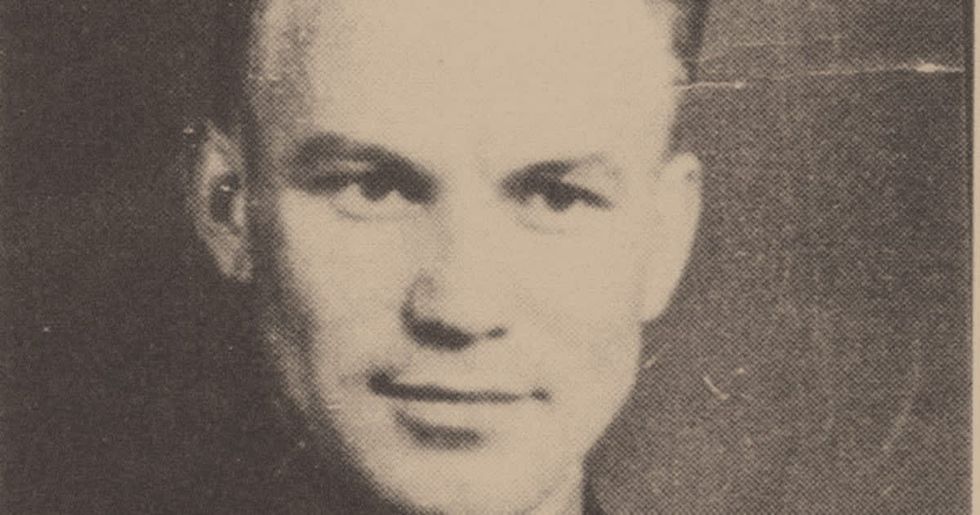
The Nazi salute, also known as the Heil Hitler salute, was an official greeting gesture in Nazi Germany, forced on people to show loyalty to the Führer and the nation. By 1934, it became mandatory, and special courts were established to punish those who refused, with penalties ranging from fines and intimidation to imprisonment in concentration camps, according to the Weiner Holocaust Library.
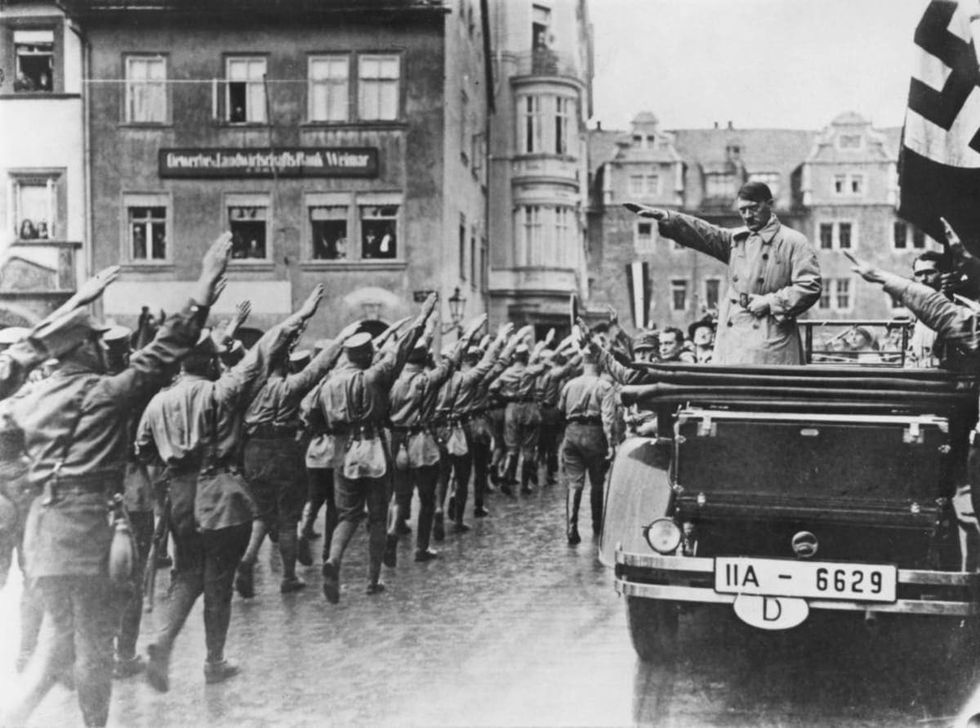
Despite the risks, August Landmesser defied the regime by refusing to perform the salute at the launch of a new German navy vessel. The infamous 1936 photograph, reported by the Christian Science Monitor, shows a crowd raising their arms in salute, except for Landmesser, who stands with his arms crossed.
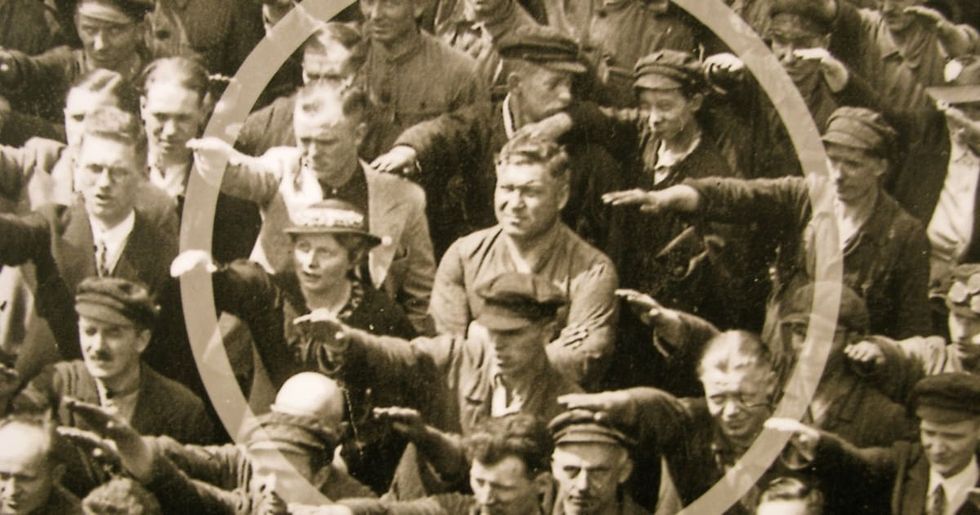
Interestingly, Landmesser initially joined the Nazi Party in 1931, intending to work for the country's welfare. However, in 1933, he fell in love with Irma Eckler, a Jewish woman, and proposed to her in 1935. When news of his relationship with Eckler surfaced, he was expelled from the Nazi Party, as reported by the Independent.
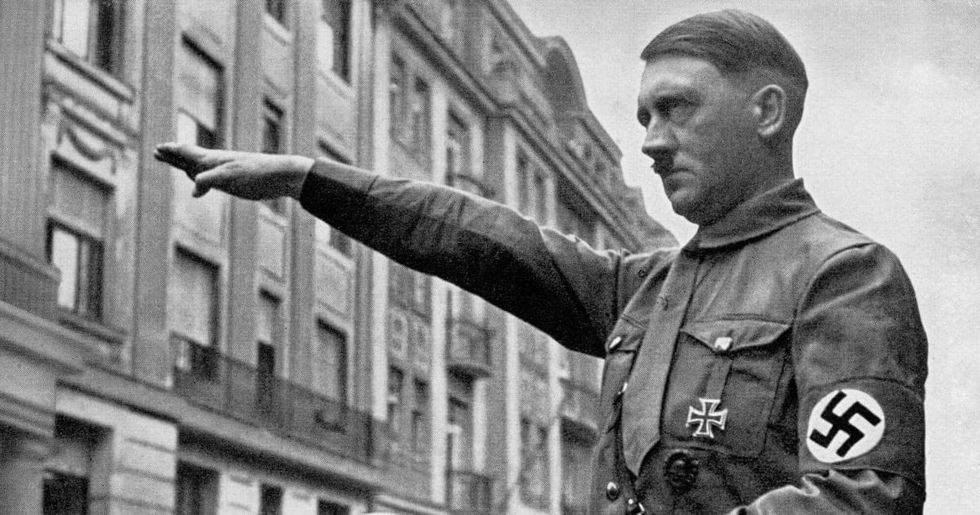
In September 1935, the Nuremberg Laws banned intermarriages and sexual relations between Jews and people “of German or related blood," preventing Landmesser and Eckler from being legally married. In October, their first child, Ingrid, was born. In 1937, with his wife expecting their second daughter, Landmesser tried to flee to Denmark but was arrested and jailed for “Rassenschande” or “dishonoring the race.”
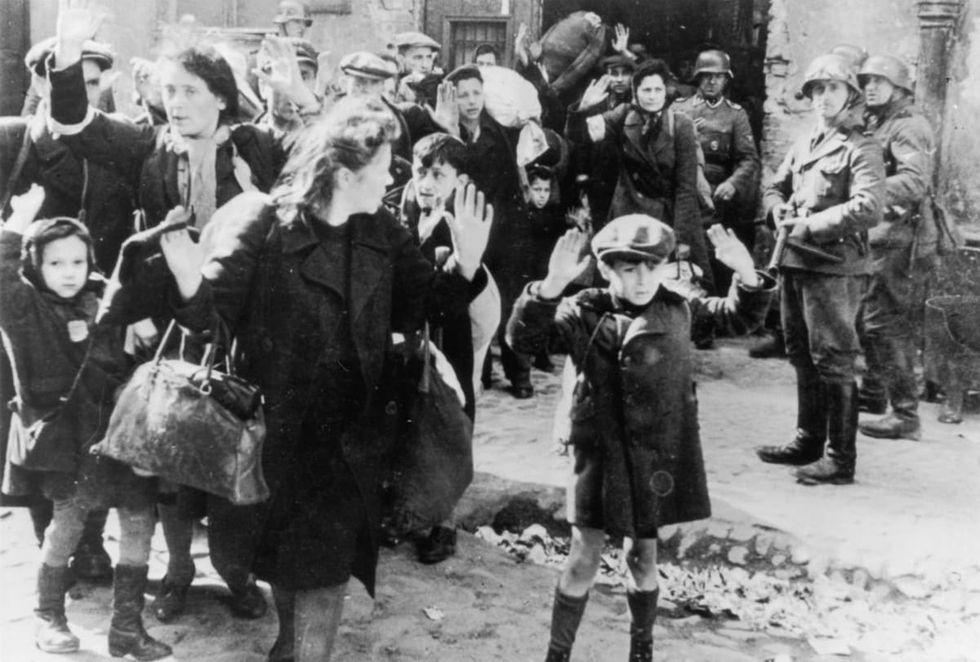
A year later, Landmesser was cleared of punishment due to lack of evidence but was ordered to end his relationship with Eckler. Defying the order, he was arrested again that year and sentenced to nearly three years in a concentration camp. This was the last time he saw Eckler and their child. Authorities arrested Eckler, who was several months pregnant, and she gave birth to Irene in prison before being sent to a women's concentration camp.
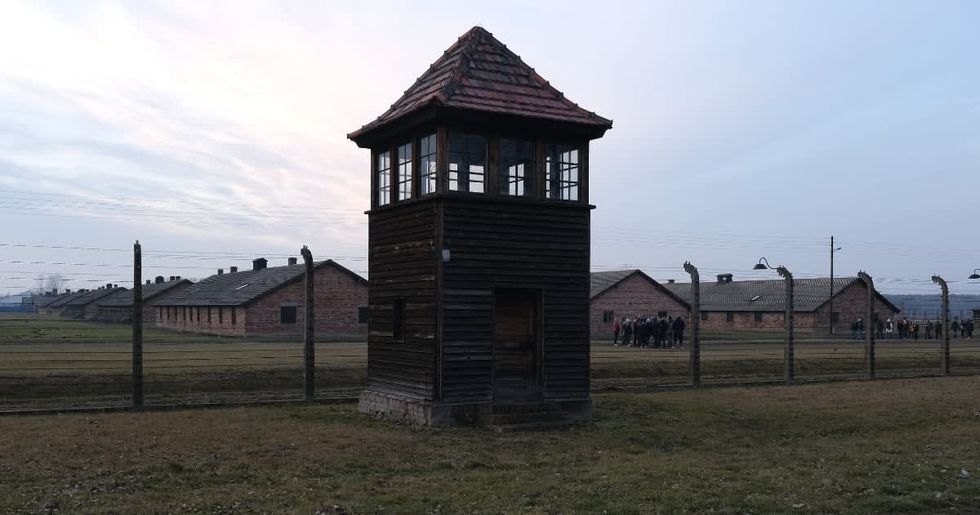
With the whole family separated from each other, Eckler died in her designated concentration camp in 1942, according to USA Today. On the other hand, after completing his sentence, Landmesser was sent to war in 1944 and was declared missing in action in Croatia after a few months. Their children survived the harsh consequences but couldn't stay together. Irene was separated from her sister and was raised by foster parents. She is said to have documented her family's history in the book, "A family torn apart by 'Rassenschande': Political persecution in the Third Reich."
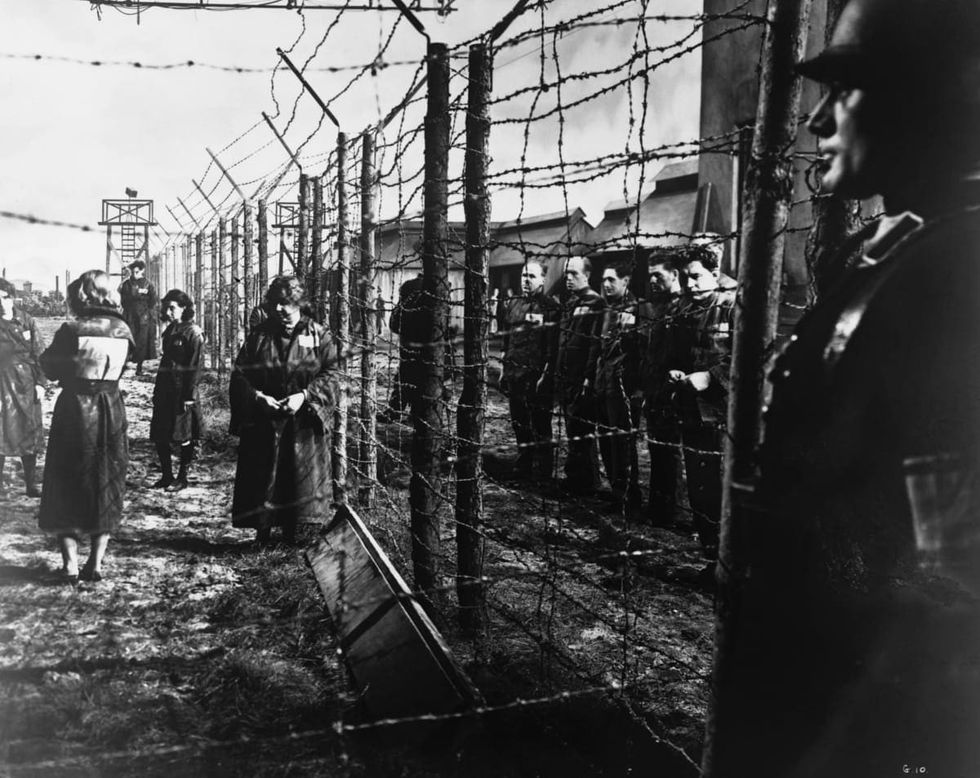


















 Pictured: The newspaper ad announcing Taco Bell's purchase of the Liberty Bell.Photo credit: @lateralus1665
Pictured: The newspaper ad announcing Taco Bell's purchase of the Liberty Bell.Photo credit: @lateralus1665 One of the later announcements of the fake "Washing of the Lions" events.Photo credit: Wikimedia Commons
One of the later announcements of the fake "Washing of the Lions" events.Photo credit: Wikimedia Commons This prank went a little too far...Photo credit: Canva
This prank went a little too far...Photo credit: Canva The smoky prank that was confused for an actual volcanic eruption.Photo credit: Harold Wahlman
The smoky prank that was confused for an actual volcanic eruption.Photo credit: Harold Wahlman
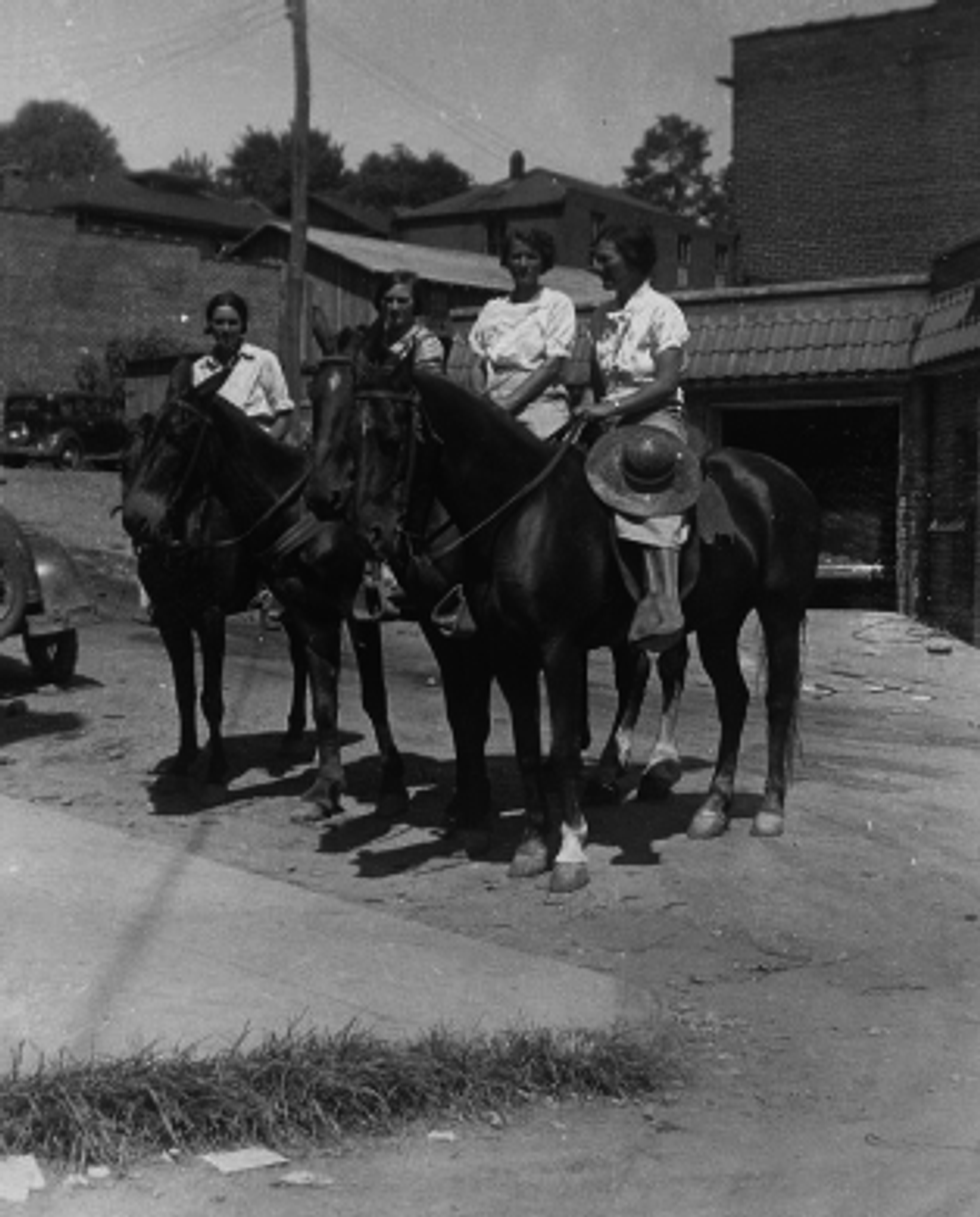 Packhorse librarians ready to start delivering books.
Packhorse librarians ready to start delivering books.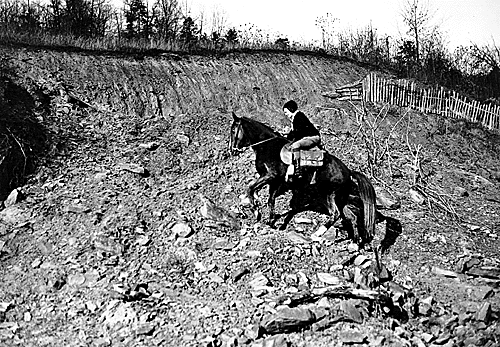 Pack Horse Library Project - Wikipedia
Pack Horse Library Project - Wikipedia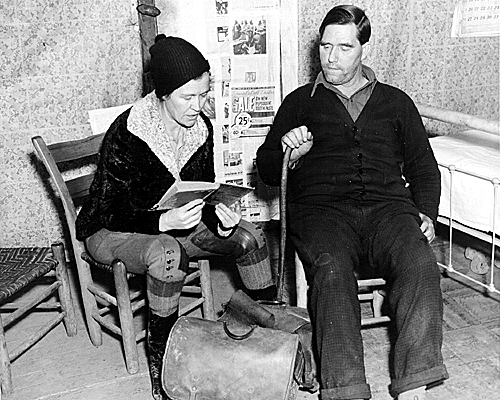 Packhorse librarian reading to a man.
Packhorse librarian reading to a man.
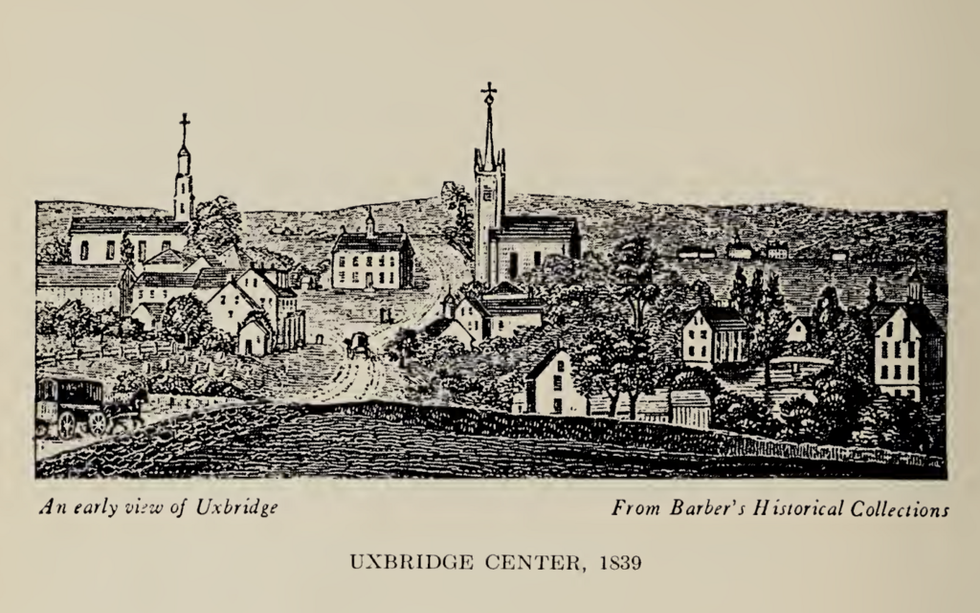 Fichier:Uxbridge Center, 1839.png — Wikipédia
Fichier:Uxbridge Center, 1839.png — Wikipédia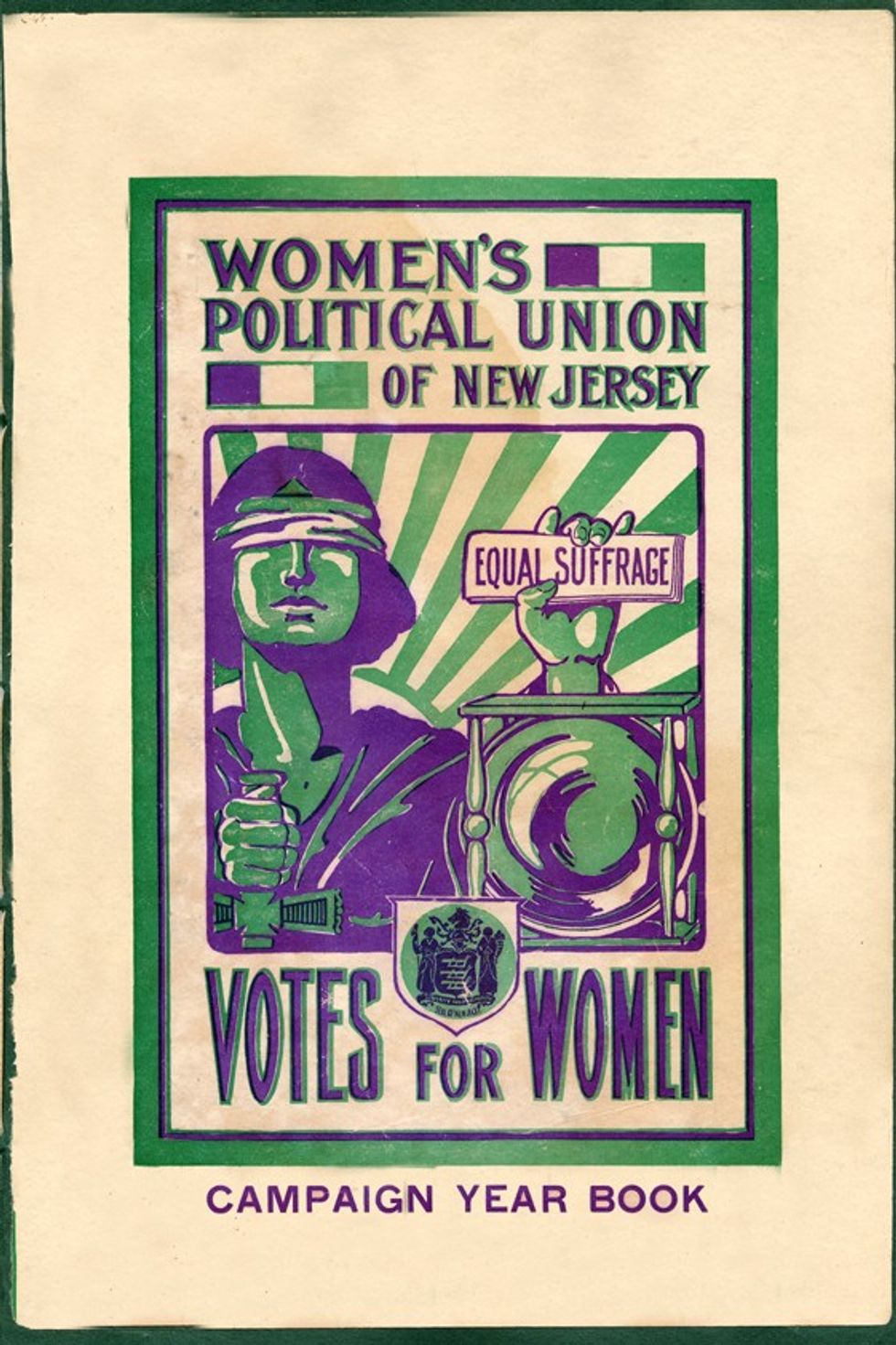 File:Women's Political Union of New Jersey.jpg - Wikimedia Commons
File:Women's Political Union of New Jersey.jpg - Wikimedia Commons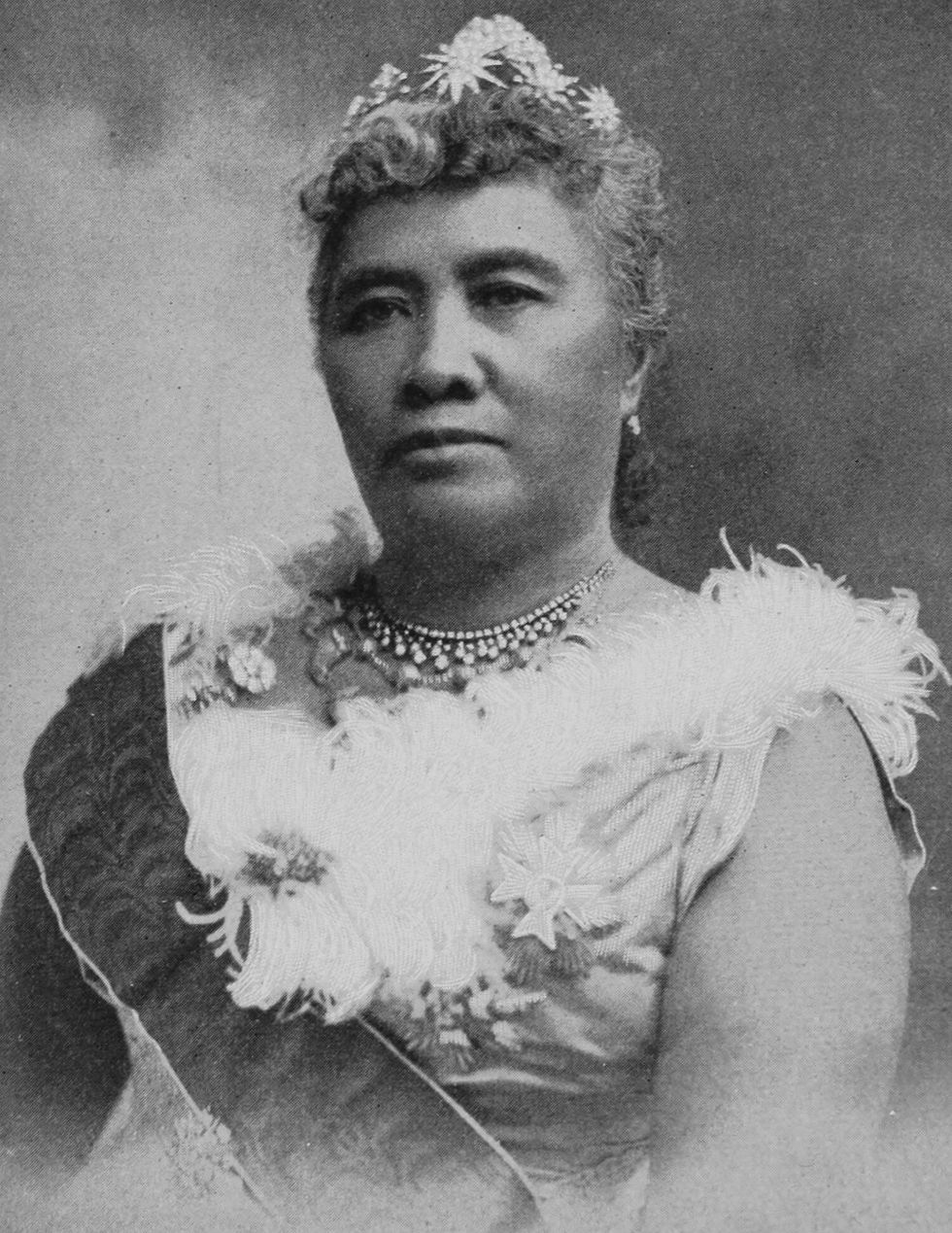 File:Liliuokalani, photograph by Prince, of Washington (cropped ...
File:Liliuokalani, photograph by Prince, of Washington (cropped ...
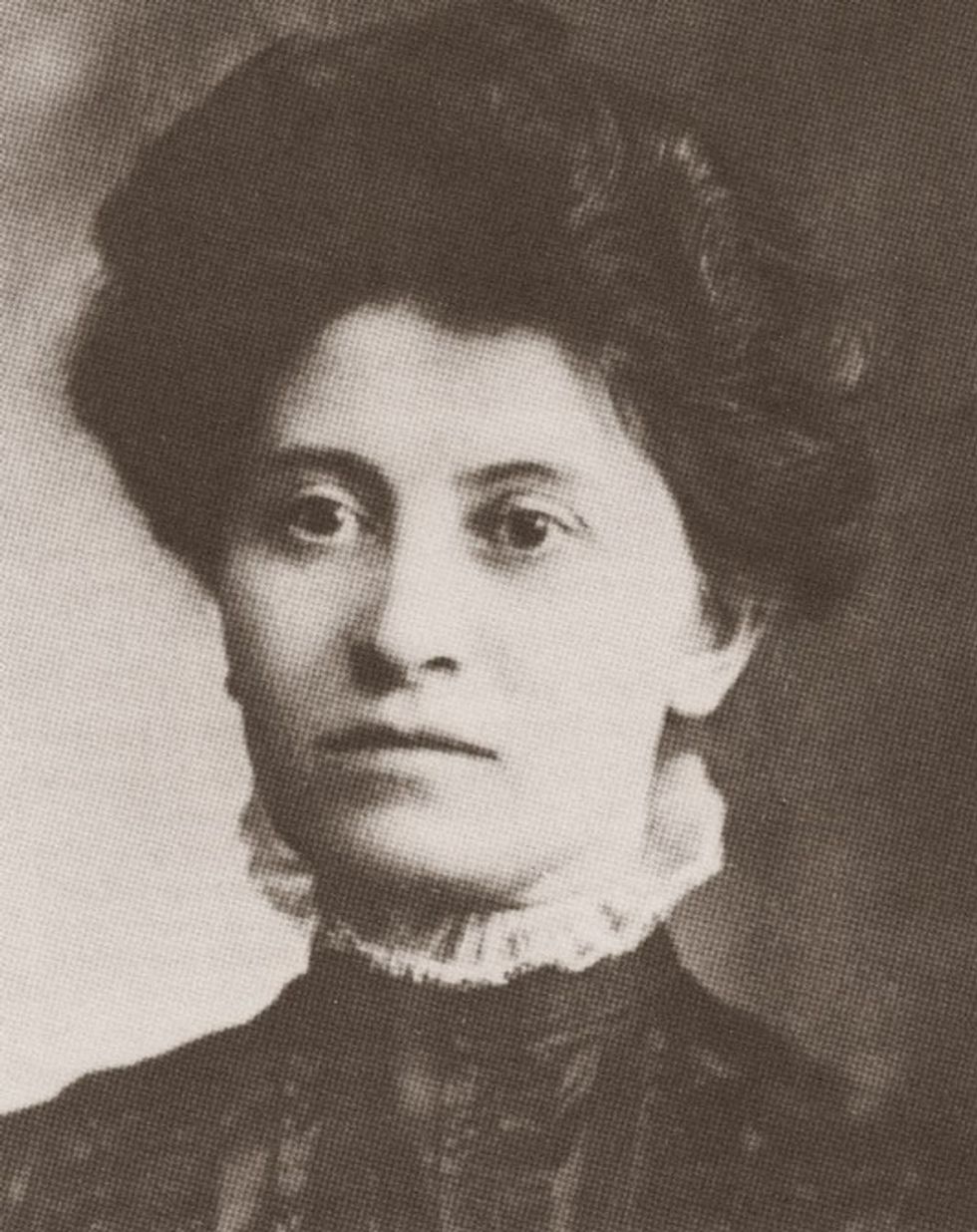 Theresa Malkiel
commons.wikimedia.org
Theresa Malkiel
commons.wikimedia.org
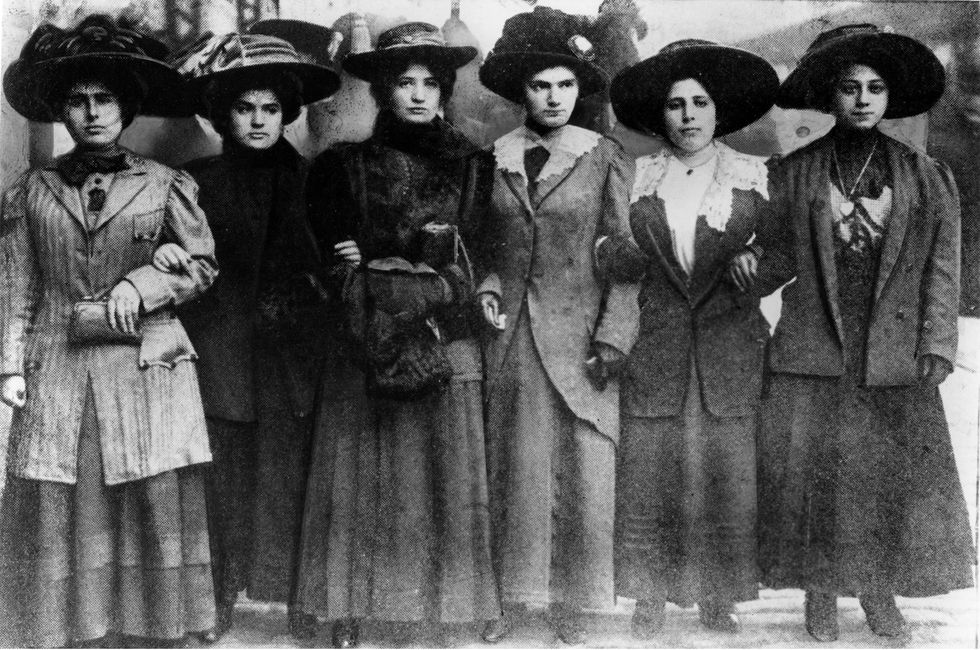 Six Shirtwaist Strike women in 1909
Six Shirtwaist Strike women in 1909
 U.S. First Lady Jackie Kennedy arriving in Palm Beach | Flickr
U.S. First Lady Jackie Kennedy arriving in Palm Beach | Flickr
 Image Source:
Image Source:  Image Source:
Image Source: 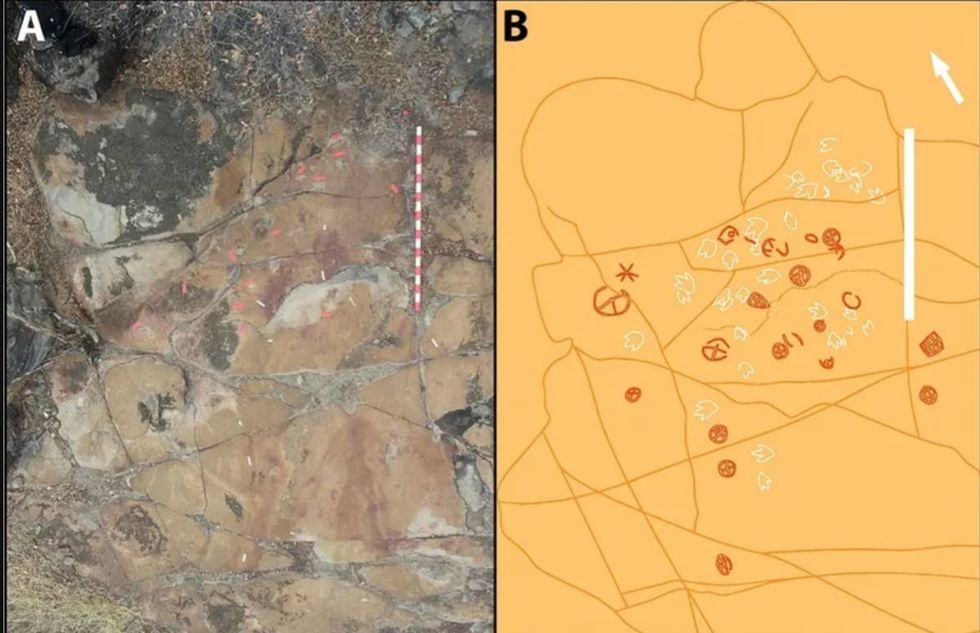 Image Source:
Image Source: 